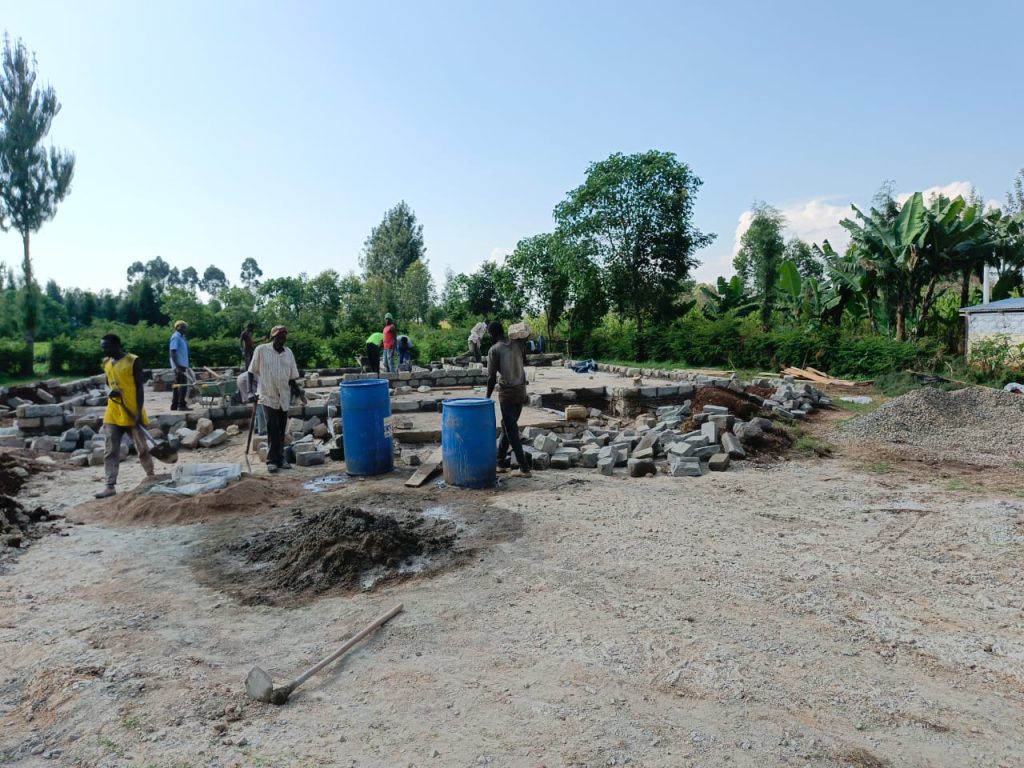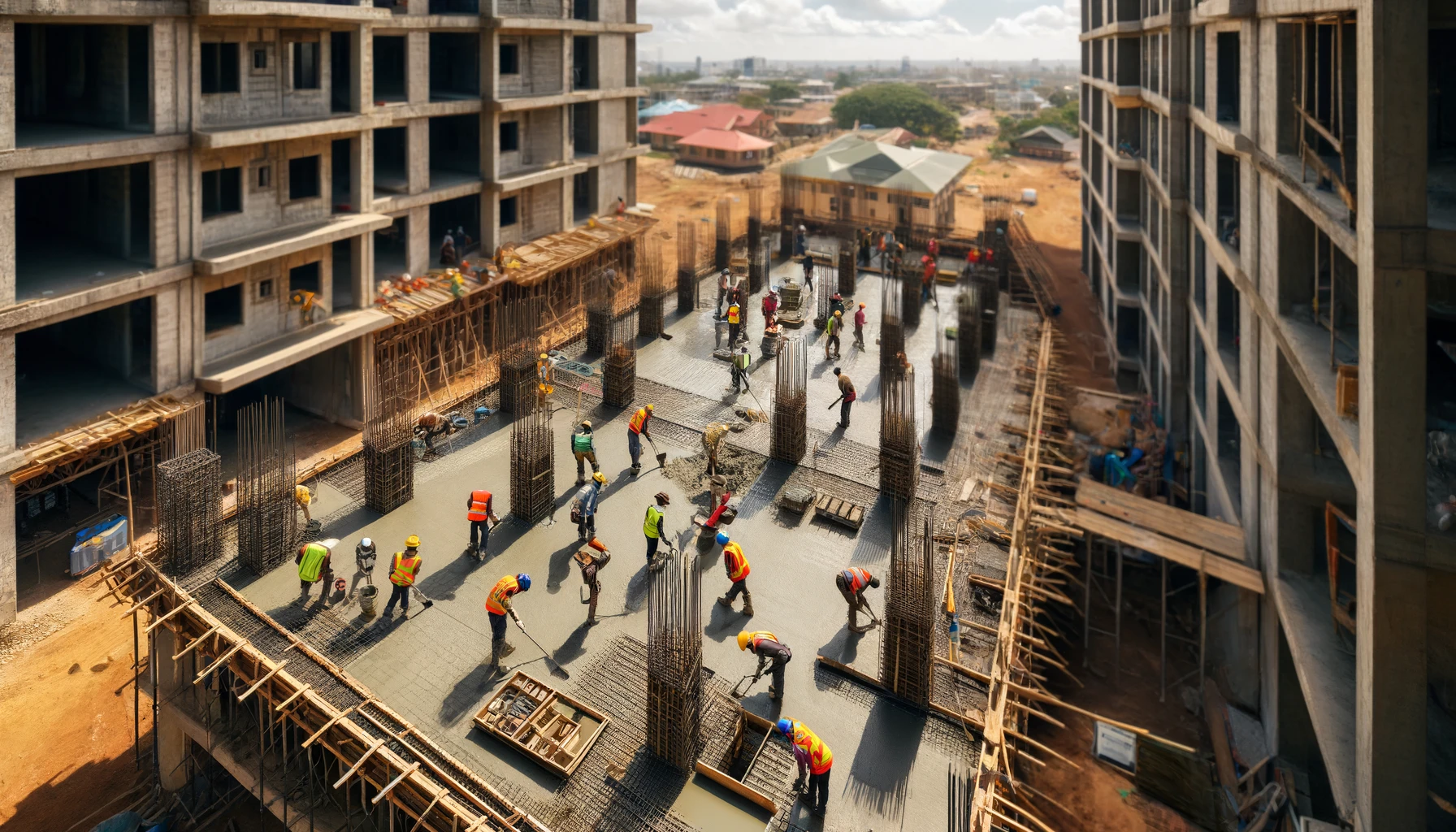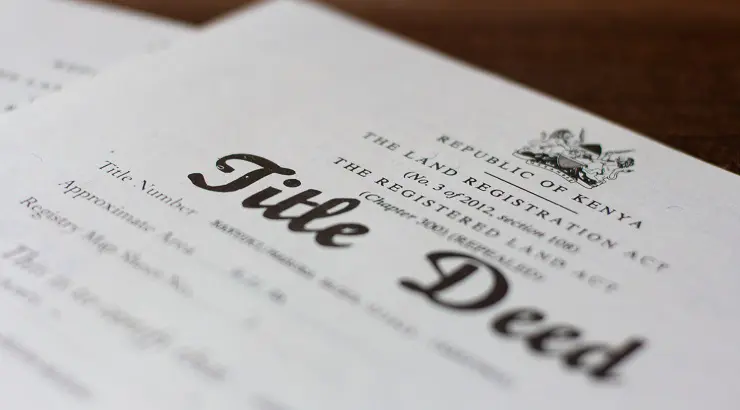Introduction to Land Transfer Costs in Kenya
Understanding land transfer costs in Kenya is essential for anyone looking to buy or sell property. These costs go beyond the property price and include fees like stamp duty, legal charges, and registration fees. Knowing them helps avoid surprises and ensures a smooth transfer process.
How to Maximize Rental Income from Apartments in Nairobi (2025 Guide)
Buying land in Kenya involves more than signing a sale agreement. Being aware of all associated costs helps you plan your budget better and prevents delays during registration.
In this guide, we will explain land transfer costs in Kenya, break down the key components, and provide a step-by-step process. By the end, you’ll understand how much to expect to pay, who is responsible for each fee, and tips to save money.

Key Components of Land Transfer Costs
When transferring land in Kenya, several costs come into play beyond the purchase price. Understanding each component helps you budget properly and avoid delays. The main costs include stamp duty, valuation fees, legal fees, registration fees, and additional charges.
Stamp Duty
Stamp duty is a tax paid to the government whenever property changes ownership. It is one of the biggest components of land transfer costs in Kenya.
Rates: 4% for urban areas, 2% for rural areas
Calculation: Based on the property’s market value, not the sale price
Payment: Must be paid before the transfer is registered
Exemptions & special cases: First-time buyers, transfers between spouses, or charitable organisations may qualify for exemptions
Types of Foundations in Kenya – Costs & Pros/Cons
Valuation Fees
A property valuation ensures the government and buyer agree on the land’s market value.
Role: Determines stamp duty and helps verify fair pricing
Typical costs: Vary depending on property size, location, and complexity
Importance: Accurate valuations prevent disputes and ensure correct tax payment
Legal Fees
Engaging a lawyer is crucial to navigate land transfer procedures in Kenya.
Services: Drafting transfer documents, verifying ownership, and handling government submissions
Fee structures: Can be fixed or percentage-based, depending on transaction value
Tips: Always hire a licensed property lawyer to avoid legal issues
Related post: 700 Sq Ft 2 Bedroom Apartment Plans That Work in Kenya
Registration Fees
Registration finalises the transfer and updates the government land records.
Costs: Paid at the land registry and vary by county
Documents required: Title deed, consent forms, identification, and receipts of paid fees
Importance: Completing registration is mandatory to make the transfer legally valid
2-Bedroom House Designs: Embracing the Latest Architectural Trends of 2025

Additional Costs
Besides the main fees, other charges may apply:
Land rates clearance: Ensures all property taxes are up to date
Land Control Board consent: Required for agricultural land or certain transfers
Search fees & miscellaneous expenses: Includes document verification and local administrative fees
Exemptions and Special Cases
Not all land transfers in Kenya incur the same land transfer costs. Certain scenarios allow for exemptions or reduced fees, which can save buyers and sellers money.
First-time homebuyer exemptions: First-time buyers of residential property may qualify for reduced or waived stamp duty, depending on the property value.
Transfers between spouses or family members: Transfers within the immediate family often attract lower fees or exemptions, making it easier to reorganise property ownership.
Transfers to charitable organisations: Land donated to registered charities may qualify for stamp duty exemptions under Kenyan law.
Business restructuring scenarios: Companies transferring land as part of mergers, acquisitions, or restructuring may benefit from special fee arrangements or deferrals.

Step-by-Step Guide to Land Transfer in Kenya
Transferring land in Kenya involves several steps, and understanding each helps avoid delays and extra costs. This step-by-step guide breaks down the process clearly.
Initiating the transfer process: Begin by confirming ownership and agreeing on the sale terms. Ensure all parties have the necessary identification and agreements ready.
Engaging professionals: Hire a licensed property lawyer and a certified valuer. Lawyers handle legal documentation, while valuers determine the land’s market value for stamp duty.
Submitting necessary documents: Provide the title deed, sale agreement, identification documents, and any Land Control Board consent forms. Missing documents can delay the transfer.
Paying applicable fees: Pay stamp duty, registration fees, valuation fees, and any other charges. Keep receipts as proof for the land registry.
Finalising the registration: Submit all documents and payments to the relevant land registry. Once approved, the transfer is officially recorded, and the new owner receives the updated title deed.
Related post: Designing and Constructing Modern 5-Storey Commercial and Apartment Buildings: A Blueprint for Success
Common Mistakes to Avoid When Transferring Land in Kenya
Many property buyers and sellers make errors that increase land transfer costs in Kenya or cause delays. Knowing these common mistakes can save time and money.
Underestimating total costs: Buyers often focus only on the sale price and ignore stamp duty, legal fees, and registration charges. Always budget for all components.
Payment delays: Late payment of stamp duty or registration fees can result in penalties or processing delays at the land registry.
Neglecting necessary consents: Some land transfers require Land Control Board consent or approval from other authorities. Skipping this step can invalidate the transfer.
Overlooking hidden fees: Additional costs like document search fees, valuation adjustments, or local taxes are often forgotten. Include them in your budget to avoid surprises.
Conclusion
Understanding land transfer costs in Kenya is essential for anyone buying or selling property. By knowing all the components—stamp duty, legal fees, valuation, registration, and additional charges—you can plan your budget effectively and avoid surprises.
Thorough planning and engaging the right professionals, such as property lawyers and valuers, ensure a smooth transfer process. Their expertise helps you navigate legal requirements and meet all deadlines.
Finally, always seek expert advice when needed. Doing so not only saves time and money but also ensures your land transfer is legally secure and hassle-free.
Related Post: What Apartment Can You Build with Ksh 40 Million in Ruaka? Unit Count, Rental Income & ROI Explained
Frequently Asked Questions (FAQs) About Land Transfer Costs in Kenya
- What is stamp duty in Kenya?
Stamp duty is a government tax paid whenever property changes ownership. It is calculated based on the land’s market value, not the sale price.
- How is stamp duty calculated for land transfers?
Urban properties are taxed at 4% of the market value, while rural properties are taxed at 2%. Certain exemptions may apply for first-time buyers or family transfers.
- Who is responsible for paying stamp duty in Kenya?
The buyer usually pays stamp duty, although parties can agree otherwise. Payment must be completed before registration.
- Are there exemptions from stamp duty for land transfers?
Yes. Exemptions exist for first-time buyers, transfers between spouses or immediate family, charitable donations, and some business restructuring cases.
- What are the typical legal fees for land transfer in Kenya?
Legal fees vary depending on the lawyer and transaction value. Fees may be fixed or percentage-based and cover documentation, verification, and submission to the land registry.
- How long does the land transfer process take in Kenya?
A standard transfer can take anywhere from a few weeks to several months, depending on document readiness, approvals, and payment of fees.
- What documents are required for land transfer in Kenya?
Required documents include the original title deed, sale agreement, identification documents, Land Control Board consent (if applicable), and proof of paid fees.
- Can I transfer land in Kenya if the original title deed is lost?
Yes, but you must first obtain a certified copy of the title deed or follow the land registry’s process for replacement before transferring ownership.
- What is the role of the Land Control Board in land transfers?
The Land Control Board approves transfers of agricultural land or restricted plots. Their consent is mandatory for the transfer to be valid.




9 thoughts on “Land Transfer Costs in Kenya Explained”
Comments are closed.